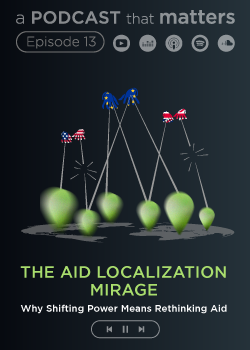Print

Screening, mapping, analyzing, recommending, transferring and transforming HE international programmes: SMARTT
Details
Locations:Austria, Belgium, France, Germany, Greece, Italy, Romania, Spain, Sweden
Start Date:Apr 1, 2023
End Date:Mar 31, 2024
Sectors: Education, Monitoring & Evaluation, Statistics
Categories:Grants
Funding Agencies:
Date posted:May 11, 2023
Description
Programme(s): Erasmus+ (ERASMUS+)-undefined
Topic: ERASMUS-EDU-2022-POL-EXP-EUdegree
Type of action: ERASMUS Project Grants
Project ID: 101114590
Objective:
The main objectives of this proposal are to examine, test, and make recommendations to improve the quality and increase the transferability of the
criteria for the delivery of a European Degree label. The main impact will be to increase the visibility, attractiveness, and reputation of joint
programmes provided by alliances of HEIs across Europe. Criteria for validation will be elaborated through close transnational cooperation.
SMARTT is formed by the 11 partners of the CIVIS European Alliance, in association with other European Universities (EUTOPIA,
NEUROTECHEU and UNITA). SMARTT partners and associates cover a wide range of countries in Europe and beyond. The already existing joint
programme presented in this pilot is the South European Studies (EUROSUD) Erasmus Mundus Joint Master’s Degree Programme, delivered
since 2019 by 4 CIVIS partners. The proposal is organised through 4 WPs: Coordination & Management; EUROSUD Joint Programme and the
European Degree Label; Transferability and improvement of European criteria; Communication & dissemination. The main activities are: a kick-off
event; designing a common set of indicators for the criteria; gathering and analysing data from EUROSUD and a sample of 50 existing
collaborative experiences amongst CIVIS partners; designing and conducting surveys, interviews and focus groups with HEIs, national authorities
and stakeholders; performing a SWOF analysis; discussing recommendations with external experts; elaborating a final report with policy
recommendations; a final event in Brussels; and disseminating the results. The project will benefit from staff from each HEI involved in the proposal
(beneficiaries and associated partners) and stakeholders (assessment & quality agencies, ministries, students, industry chambers, etc.). The main
outputs are guidelines and recommendations, a template for labelling European joint degree programmes, and a series of activities to discuss and
disseminate the results of the pilot.

